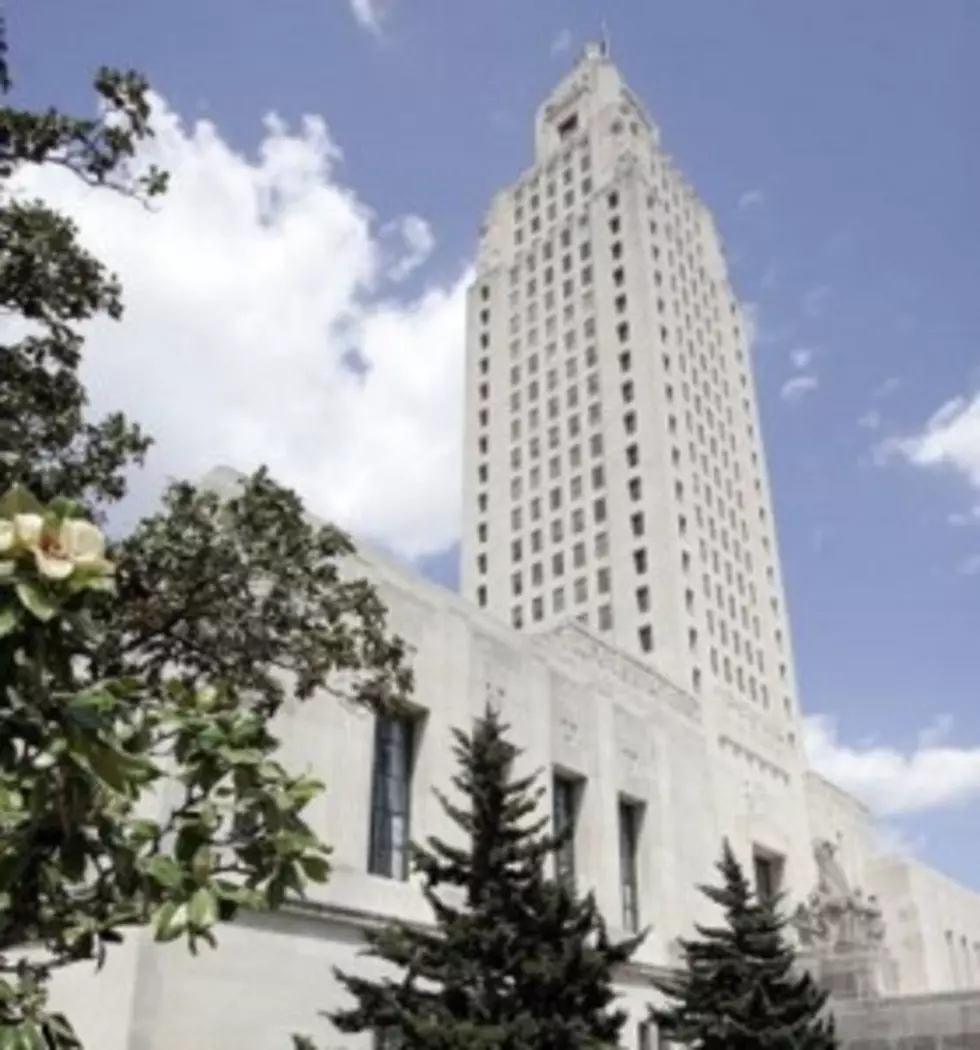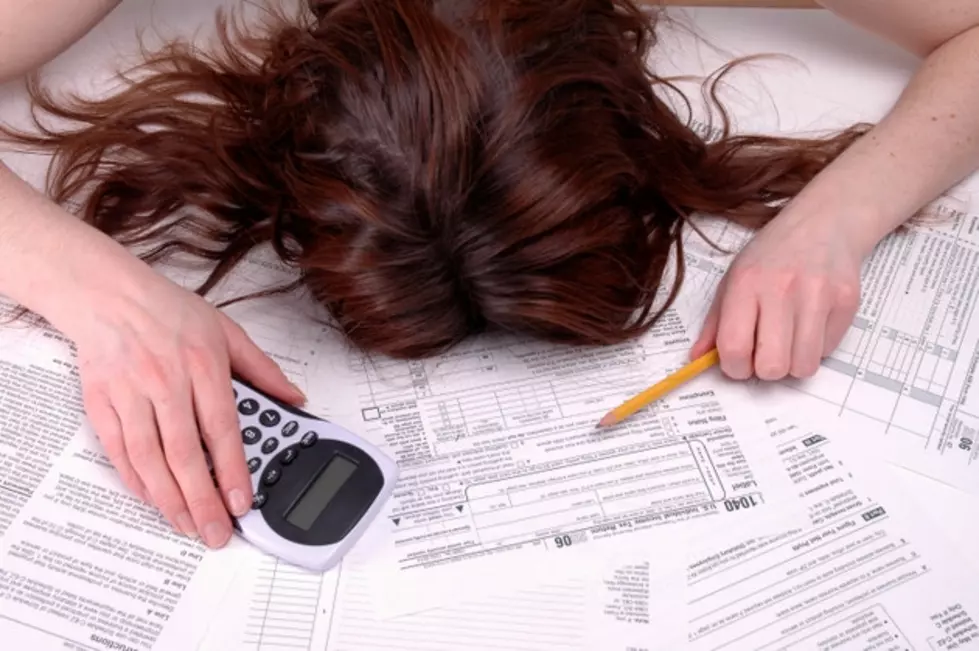
Researcher Propose Higher Tax on Sugary Beverages
As obesity continues to plague the United States, many states have imposed a tax cost on some of the products that contribute to unhealthy weight gain, like soda. But experts believe that the current sales tax isn’t high enough to truly impact health and weight loss.
This new outlook is from researchers at Columbia University Medical Center, and the University of California, San Francisco. They estimated that by increasing the penny-per-ounce tax on sugar-sweetened beverages, it would result in a 15 percent drop in consumption, and lower the obesity, diabetes and heart disease rates.
Published in the January 2012 edition of Health Affairs, researchers learned that over a 10 year period, from 2010 to 2020, the penny-per-ounce tax could lower new cases of diabetes by 2.6 percent.
It can also reduce 95,000 coronary heart ailments, eliminate 8,000 strokes, and avoid 26,000 premature deaths, according to their calculations.
“While there is some uncertainty as to what drinks people wold choose instead of taxed beverages, our conclusion that a penny-per-ounce tax would reduce consumption by 15 percent is actually a conservative estimate,” said Dr. Y. Claire Wang, assistant professor at Columbia University’s Mailman School of Public Health.
Wang also states the tax would most improve health issues among younger people, and men of all ages, as they consume the most sugary beverages.
Using outside data from the National Health and Nutrition Examination Survey, Columbia University researchers discovered that obesity and type 2 diabetes would be lowered the most if more taxation was given to soft drinks, and consumers would replace these drinks with more water, diet drinks, or other healthier drinking options.
“With the estimated number of 860,000 fewer obese adults aged 25-64, and given the greater reductions in consumption among younger people, the longer term health benefits would be greater than the impacts during the first 10 years,” said Wang.
Those opposed to the heavier taxation on sweetened drinks, say it will unfairly impact lower income consumers, as they are the most likely to purchase sugared beverages, and have less access to healthier drink and food selections.
Researchers also believe the link between obesity and sugar sweetened beverages have been under exposed, and taxation would bring the issue to the immediate forefront.
“Sugary soft drinks really are liquid candy, and their low purchase price hides the true costs of health problems associated with them,” said Dr. Lee Goldman and Margaret Hatch, professors at Columbia University Medical Center.
“Our model estimates that a penny-per-ounce tax would substantially reduce obesity, diabetes and heart disease among adults in the United States”, they noted.
More From News Radio 710 KEEL








![Today Is Tax Day [POLL]](http://townsquare.media/site/180/files/2012/04/tax-form.jpg?w=980&q=75)

